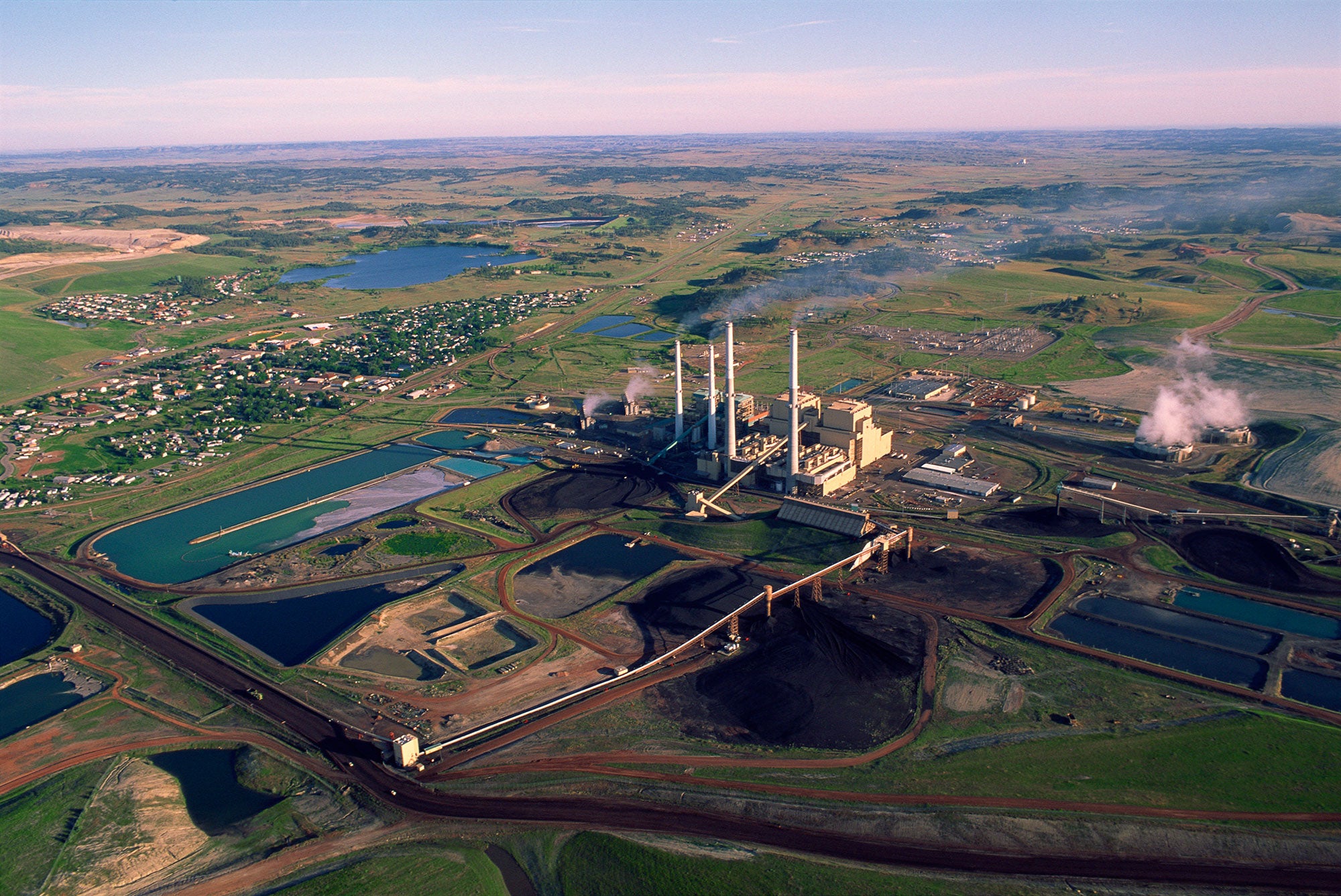Billions in Hydrogen Tax Credits Could Be Given to Polluters
A sobering look behind the curtain on hydrogen tax credits in the Inflation Reduction Act.
Forget the breathless marketing. Hydrogen today is far more a climate threat than a climate solution.
Hydrogen production has a greater annual carbon footprint than the entire nation of Germany. That’s because almost all hydrogen is produced from fossil fuels.
As of 2021, 55% of hydrogen in the U.S. was being used by the oil and gas industry to refine crude oil, further contributing to a cooked planet, crop failures and extreme weather.
U.S. chemical companies produce millions of tons of hydrogen each year by cracking the methane in natural gas, using a process that pumps lung-damaging air pollution into communities like Louisiana’s River Parishes and Richmond, Calif. The fossil fuel industry often produces this gas through fracking, which has been linked to serious health consequences such as preterm births and asthma.
The passage of the Inflation Reduction Act established historic levels of climate funding, but it also created a multibillion-dollar tax credit for low-carbon hydrogen production and gave the Treasury Department one year to figure out how to implement the statute’s carbon limits. That means the Biden administration is now responsible for implementing a tax credit system that could either clean up America’s dirty hydrogen production, or dig us a deeper hole in the climate crisis. The stakes couldn’t be higher.
In implementing the tax credits, scrupulous carbon accounting will make the difference between rewarding industry for producing clean hydrogen or subsidizing industrial activities that jeopardize the climate and public health. Research at Princeton University suggests that hydrogen producers who use grid electricity will merely drive up climate pollution unless they are made to comply with specific standards, such as deploying new renewable resources.
Otherwise, coal and gas-fired power plants will ramp up to meet at least some of the hydrogen producer’s (potentially massive) energy demand, with serious implications for both the climate and public health. Pollution from coal and gas power plants causes heart and lung disease and shortens lives.
In a bid to benefit from the new subsidies, polluters are urging the Treasury Department to use accounting gimmicks to characterize hydrogen made with fossil fuels as “low carbon.” The administration should reject this industry giveaway. Otherwise, the federal government will lavish billions of public dollars on hydrogen production that worsens both the climate crisis and the air quality crisis in some of America’s most overburdened communities.
The fossil fuel industry wants the Biden administration to let it greenwash the hydrogen it produces from natural gas by using a crediting scheme called “book and claim” to characterize their fossil fuels as renewables. These demands from companies like Shell may sound innocuous, but in practice book and claim systems defeat the purpose of low-carbon fuel programs by allowing polluters to claim subsidies while continuing their business-as-usual reliance on fossil fuels. They allow fuel producers to use one fuel but claim the climate benefits of another, often by purchasing credits with questionable benefits. The Treasury Department must account for the true climate cost of producing hydrogen from methane, as most of America’s hydrogen supply is made this way.
The Biden administration should also update its carbon accounting models to reflect the latest science on methane leakage from the oil and gas industry. The Department of Energy’s model for estimating the carbon intensity of fuels currently assumes that only about 1% of the methane produced by the fossil fuel industry leaks into the atmosphere, which is less than half the leakage rate that scientists have observed.
The Treasury Department could potentially waste billions of dollars subsidizing hydrogen made from fossil fuels, encouraging the industry to drill for more natural gas and build more emissions-intensive infrastructure for cracking methane. The communities whose air is being polluted by drilling and hydrogen production deserve better.
The Treasury has a duty to administer the tax credits responsibly and could help support a hydrogen industry that produces truly clean hydrogen through using renewable electricity to split water molecules. This green hydrogen could displace today’s fossil-based hydrogen production and play a key role in cleaning up niche economic sectors in the future, such as steelmaking or maritime shipping.
The fossil fuel industry has spun a false sense of urgency about the need for hydrogen, trying to convince policymakers to scale up hydrogen production at all costs. Government officials would be wise to scrutinize all industry claims about hydrogen. These claims often distract or delay from powerful solutions to the climate crisis that are already here: electrification and renewable energy.
The clean energy future we’re building is a major economic opportunity in the country, sure to grow jobs and the economy. But economic opportunity often attracts charlatans too. The Biden administration must ensure that hydrogen tax credits flow to truly clean solutions that will shift us from the old polluting ways of powering our communities to a zero-emissions future.
This piece originally ran as an opinion piece in The Hill. For more background, read the Earthjustice report on hydrogen, “Reclaiming Hydrogen for a Renewable Future.”
Earthjustice’s Clean Energy Program uses the power of the law and the strength of partnership to accelerate the transition to 100% clean energy.
